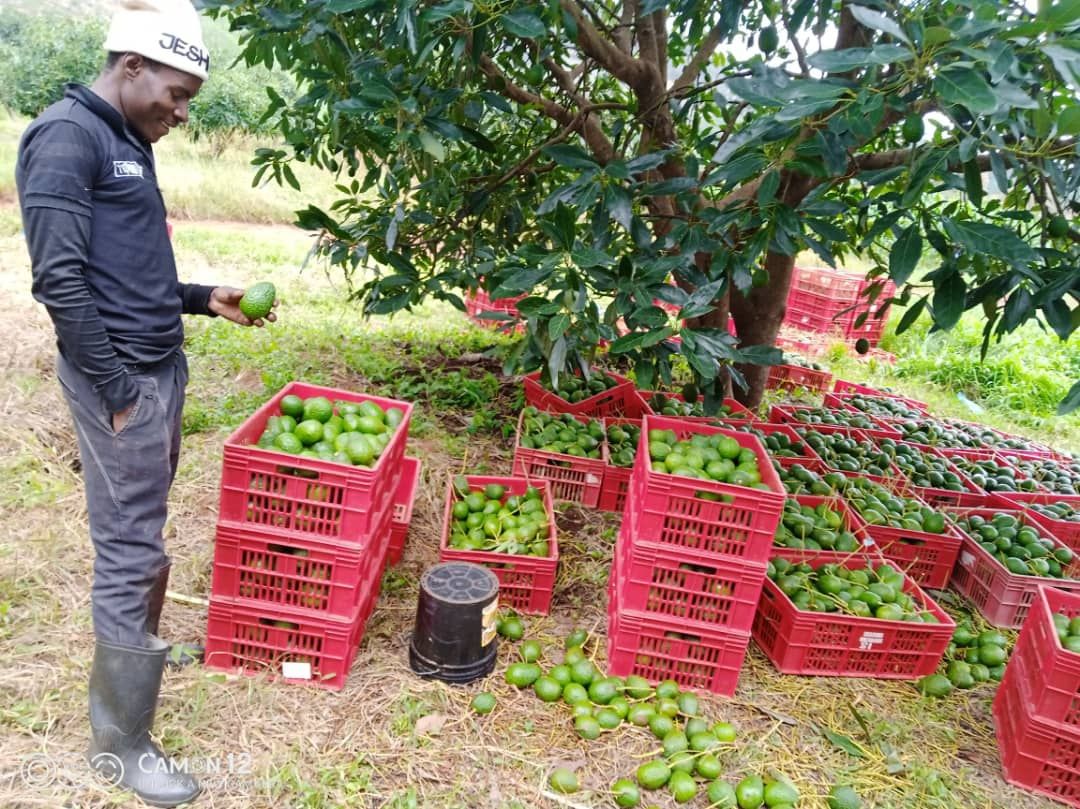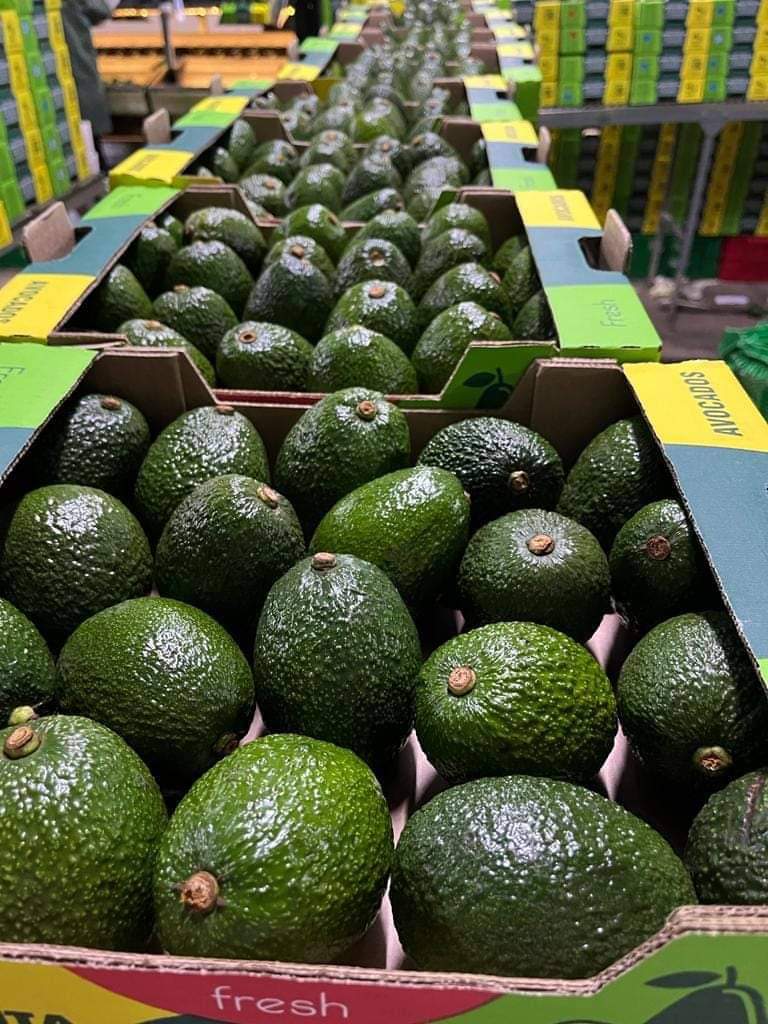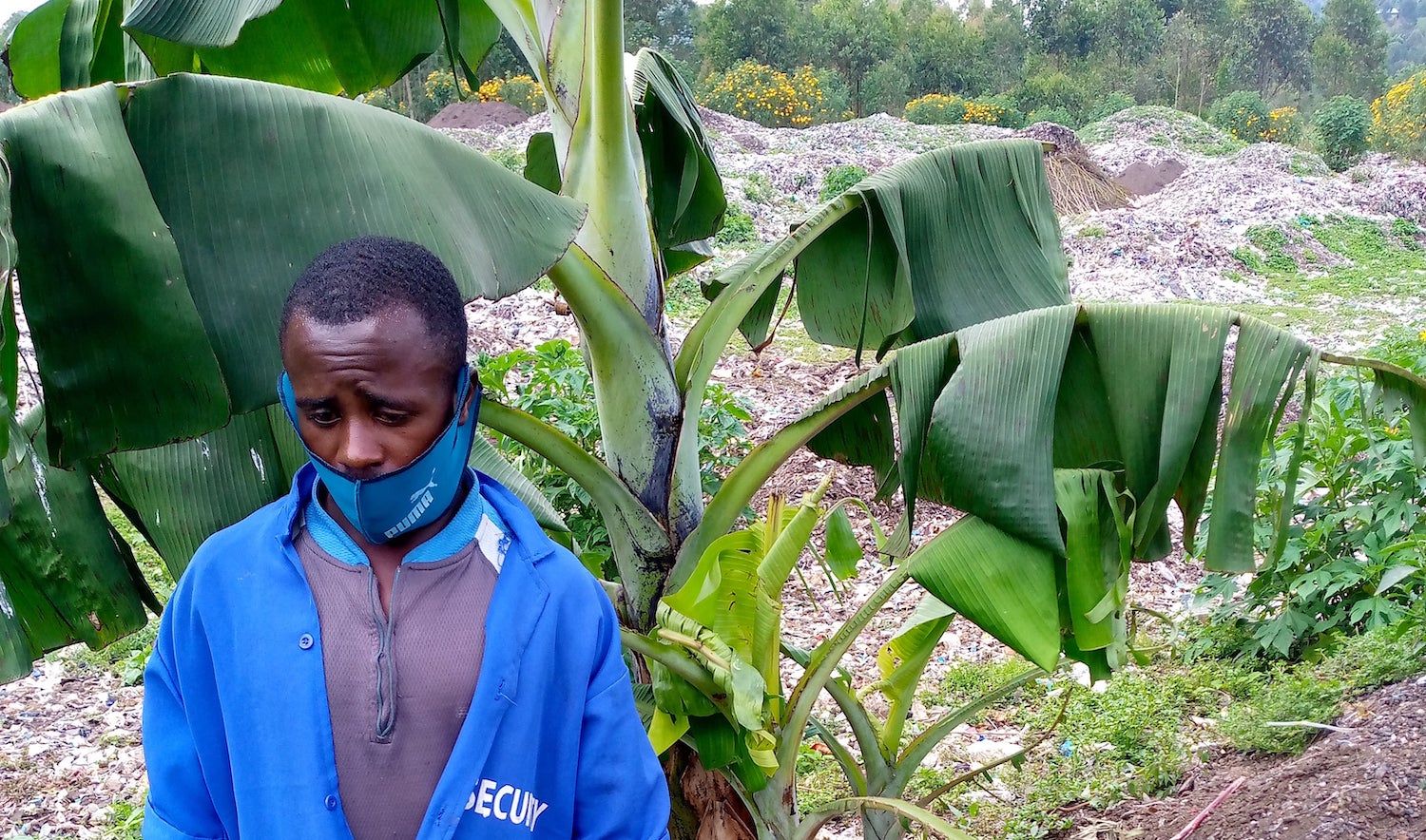Farm diversification
This refers to the practice of expanding the activities and income streams of a farm beyond
traditional agricultural practices. Instead of relying solely on one type of crop or livestock, farmers
diversify to include various enterprises or services. This strategy aims to spread risk, increase
financial stability, and take advantage of new market opportunities.
Farm diversification can take many forms, including:
1. Agri-Tourism: Opening the farm to visitors for tours, educational programs, or recreational
activities.
2. Value-Added Products: Processing farm produce into goods such as jams, cheeses, or crafts,
which can be sold directly to consumers.
3. Farm Shops or Markets: Selling products directly to consumers through on-farm stores or local
markets.
4. Alternative Crops: Growing non-traditional crops or specialty crops to meet niche markets.
5. Livestock Diversification: Raising different types of animals or introducing new breeds to meet
specific demands.
6. Renewable Energy: Installing renewable energy sources like wind turbines or solar panels on the
farm.
7. Leisure Services: Offering recreational activities such as camping, fishing, or horse riding.
8. Educational Programs: Providing workshops, classes, or hosting events to educate the public
about farming practices.
9. Contract Farming: Collaborating with companies to grow specific crops or produce under agreed-
upon terms.
10. Agritainment: Combining agriculture and entertainment, such as corn mazes, pumpkin patches, or
farm festival
11. Farm Stays: Allowing visitors to stay overnight on the farm, providing an immersive experience of
rural life.
12. Heritage Farming: Preserving and showcasing traditional or heritage farming practices for
educational and cultural purposes.
13. Community Supported Agriculture (CSA): Establishing subscription-based models where
consumers can receive regular deliveries of fresh produce directly from the farm.
14. Greenhouse or Nursery Operations: Growing and selling plants, flowers, or trees for landscaping
and gardening purposes.
15. Organic Farming: Transitioning to or incorporating organic farming practices to meet the growing
demand for organic produce.
16. Farm to School Programs: Supplying local schools with fresh produce and engaging in educational
partnerships to promote healthy eating habits.
17. Equestrian Services: Offering horse-related activities, riding lessons, or boarding services for horse
enthusiasts.
18. Wine or Brewery Operations: Establishing vineyards or breweries on the farm for the production of
wine, beer, or other beverages.
19. Farm-based Therapeutic Services: Providing therapeutic activities or services using the farm
environment, known as "agri-therapy."
20. Collaborative Initiatives: Partnering with other farms or businesses to create synergies, share
resources, and collectively market products.
The idea is to do more things on the farm to make it stronger, more
interesting, and help it grow in different ways.
Diversification in farming, the need for multiple farm practices





